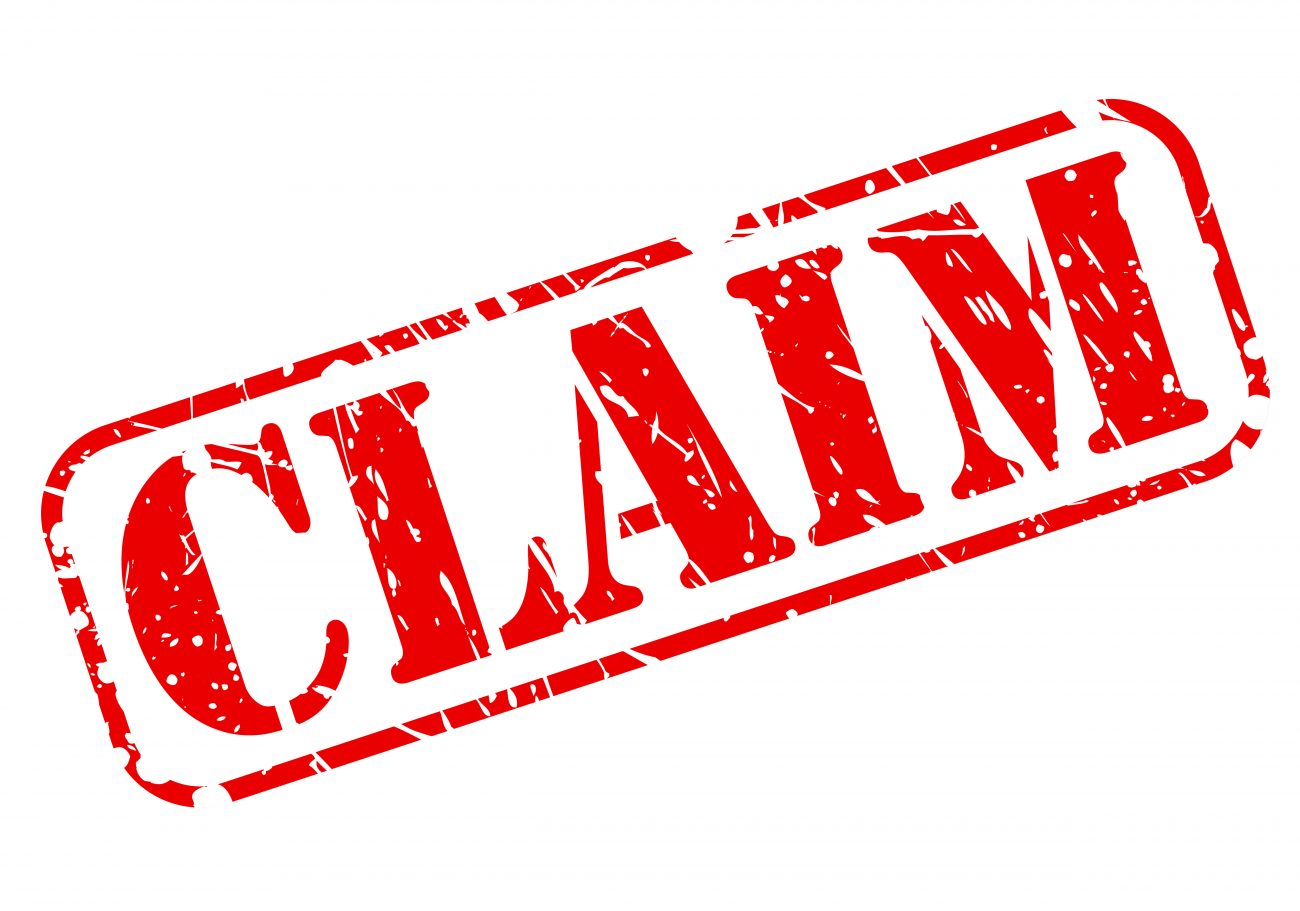Holiday sickness claims and expert evidence – key case finds in favour of claimant
After years of litigation and numerous legal challenges, a man who became ill with a serious gastric illness on a package holiday to Turkey has finally won compensation from the travel giant, Tui.
The Supreme Court has finally ruled that Peter Griffiths did not have a fair trial more than a decade after the holiday on which he became so unwell. It is thought his compensation award will be in the region of £30,000.
What is the background to this holiday sickness claim?
Mr Griffiths booked an all-inclusive package holiday from the Defendant, Tui, to the Aqua Fantasy Aqua Park Hotel in Izmir, Turkey in 2011. He developed severe gastric problems whilst staying at the hotel and was diagnosed at a local hospital with acute gastroenteritis.
Three pathogens were identified including the parasite, Giardia, which causes diarrhoea. He spent two nights in hospital at the time and continued to suffer from gastric problems after he returned home. Long term effects, Mr Griffiths said, have remained.
What was the key issue that led to this decision?
The dispute centred on a report by a respected medical expert who said that the food or drink served at the hotel where Mr Griffiths and his family stayed was likely to have been the cause of his stomach upset.
At trial, Tui declined to cross-examine the medical expert, after previously also declining to obtain its own expert evidence. Instead, it alleged during its closing submissions at trial that ‘deficiencies in the expert’s report’ meant Mr Griffiths had ‘failed to prove his case.’
Mr Griffiths case was first heard in the County Court where a judge dismissed Mr Griffiths’ claim on the grounds that she was not satisfied with the expert evidence.
Mr Griffiths appealed. The High Court reversed the County Court’s decision on the basis that the County Court judge was wrong to rule out expert evidence which had not been challenged by another expert or in cross examination. Tui then appealed to the Court of Appeal, at which Tui won by a majority decision.
Mr Griffiths appealed to the Supreme Court, which found in Mr Griffiths’ favour, concluding that Mr Griffiths had established his case and that the trial judge and most of the Court of Appeal judges had ‘erred in law in a significant way.’
As Justice Lord Briggs pointed out to Tui, if there were alleged deficiencies with the expert evidence, “all of these matters could have been considered by a forceful cross examination (of the expert witness).” This would have allowed the expert to respond to those points.
In short – in the words of one of the judges in the case - this was ‘litigation by ambush’. The expert should have been given an opportunity to address the points raised by the Defendant and Mr Griffiths had not had a fair trial.
What are the implications of this holiday sickness claim case?
This is a significant case for the travel sector and personal injury claims in general. It is often difficult to pinpoint definitively when and where food poisoning occurred and what caused it. As with all injury cases, medical expert evidence to prove the claim is vital. If a party wishes to dispute an expert’s findings, they must put their points the expert and test the expert’s evidence in the proper manner.
There is an adage as far as cross examination is concerned that you should be careful asking questions to which you may not like the answer. It is strongly suspected that Tui was unwilling to put its points directly to the expert because they believed there was a strong likelihood the expert would have dealt with them convincingly. To then go ahead and make those arguments with no effective right of reply – and having not properly tested the evidence – is fundamentally unfair.
This is typical of the kind of tactics that we commonly see from defendants. Defendant lawyers will often test the boundaries in the way they conduct a claim. Some will go as far as to risk the Claimant not receiving a fair trial. It is for this very reason that we would always recommend expert advice and representation from an experienced solicitor.
Get in touch
Food poisoning is incredibly common when holidaying abroad. You may be able to claim compensation if a hotel, restaurant or tour operator – responsible for ensuring their venues provide safely prepared food – has been negligent.
Wards Solicitors is endorsed as a South West leading firm in the independent Legal 500 list for 2024 having received overwhelmingly positive testimonials from clients.
Our Personal Injury and Clinical Negligence Claimant team wins praise as a recommended service area with Associate Solicitor Richard Green highlighted as a key lawyer.
Click here to start your enquiry using our personal injury form. In most cases we act on a ‘no win no fee’ basis.
If you need expert legal advice in this area, please contact Richard Green at richard.green@wards.uk.com or on 01275 858515.


